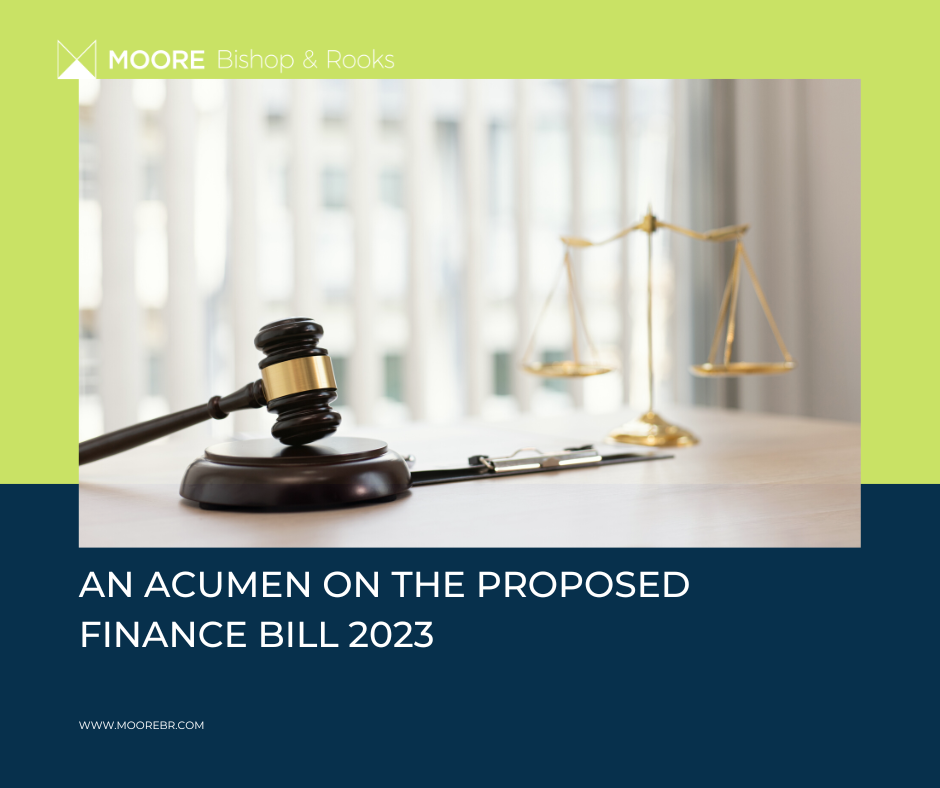The Finance Bill is a proposed legislation introduced by the Nigerian government to make changes to the country’s tax laws and revenue collection processes. It’s a complex and ever-evolving issue, and the specifics of the bill can vary depending on the year and the specific proposals being considered. The bill which was passed by the National Assembly for the 2023 budget Nigeria is yet to receive assent.
It is expected to introduce key tax and public financial management reforms and support the Budget implementation. The President however deferred the signing of the Finance Bill, which is still being reviewed, especially over its conflicts with the fiscal term of the Petroleum Industry Act (PIA).
The proposed Finance Bill was said to have taken away all concessions given by the PIA. For instance, it disincentivises investments in the petroleum sector, leading to massive protest by the international oil companies (IOCs), especially in gas flaring. The annual financial plan, which contained robust provisions for the funding of this year’s general election, was passed by the National Assembly on December 28 last year. It was presented to a joint session of the federal legislature by Buhari on October 7,2022.
The Finance Bill amends the Tertiary Education Tax Trust Fund Act, to increase the tertiary education tax from 2.5% to 3% of the assessable profits of all companies registered in Nigeria each year. However, the Academic Staff Union of Universities (ASUU) is demanding an increase of Education tax to 10%, to address the infrastructure deficit in tertiary education institutions. It will be recalled that the 2021 Finance Act increased the rate of education tax from 2% to 2.5%. According to experts in the private enterprise industry, this is another increase too soon, in addition to multiple taxes and levies that companies are faced with. They are also of the opinion that improvements in terms of taxation should focus on widening the tax base, efficiency in tax governance and administration.
The Bill also amends the Federal Inland Revenue Service Establishment Act to change the name of the Service to ‘Federation Revenue Service’. Additionally, it provides a new section 3 and 9 on the establishment and composition of a Governing Board and Technical Committee of the Board, respectively for the Service. The Finance Act also amends several sections of the Federal Inland Revenue Service Establishment Act to change the term ‘Executive Secretary’ to ‘Commissioner General’ of the Service. This is also reflected in the new section 11 of the Act which provides for the Commissioner General of the Service and the insertion of a section 11A which provides for Commissioners of the Service.
Several sections of the Petroleum Profit Tax Act are amended by the Finance Bill, such as the Interpretation section, which describes the word ‘Commission’ to mean the Nigerian Upstream Petroleum Regulatory Commission, established under the Petroleum Industry Act, 2021. It also provides a new section 51 which provides a penalty for violation of any provisions of the Act, for which no penalty is specifically provided. Other amendments are contained in section 10 of the Act that deals with Deductions, section 23 that deals with Additional Chargeable Tax payable in certain circumstances, section 30 on Preparation and Delivery of Accounts and Particulars, section 52 which stipulates the penalty for making incorrect accounts, amongst others.
Overall, the Finance Bill is an important piece of legislation that will have far-reaching impacts on various industries and the economy as a whole. It will be interesting to see how the bill evolves as it moves through the legislative process and how it may be revised to address the concerns raised by various stakeholders. It’s important for those affected by the bill to stay informed about its progress and to engage with their elected representatives and other stakeholders to voice their opinions and concerns.
MOORE Bishop and Rooks is an integrated professional services company that renders audit, legal, tax, financial accounting, payroll, and business advisory services to clients. As part of the multidisciplinary organization at MOORE Bishop and Rooks, our corporate services team regularly provides market entry advisory and regulatory support to clients in the private and public sectors.
You can reach out to us via telephone on 234 700 ADVISOR or by sending an email to practice@moorebr.com
